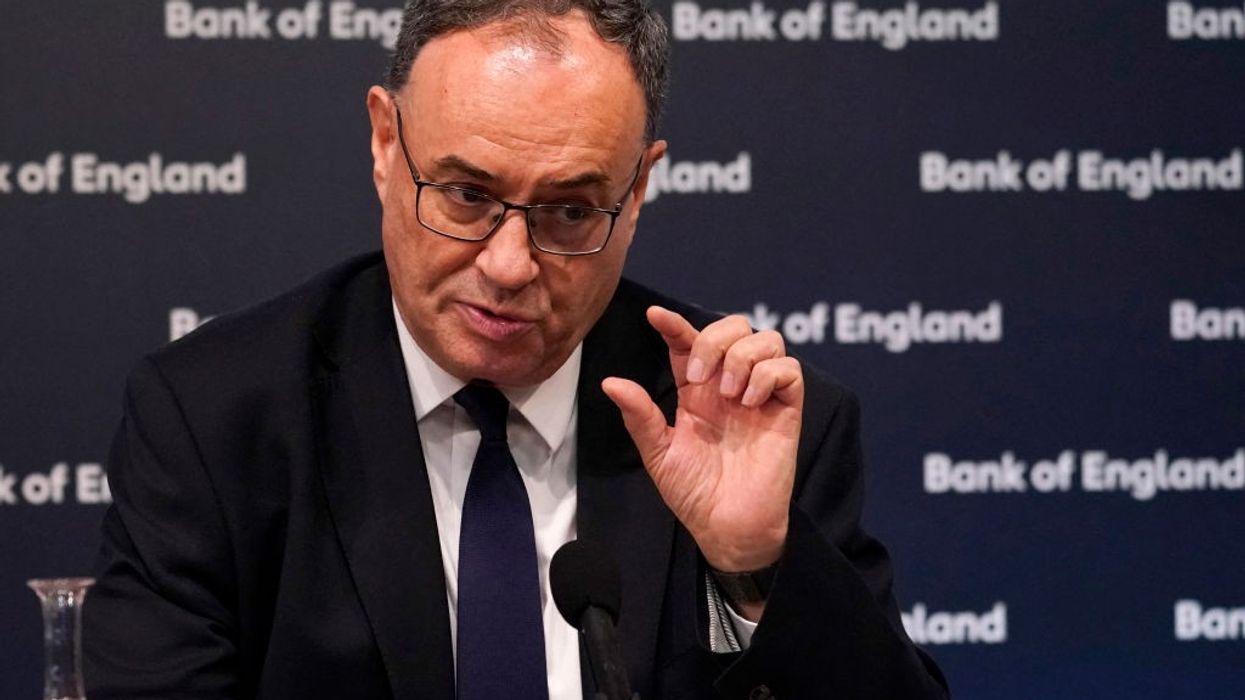THE Bank of England has cautioned that the UK economy is stagnating, following measures introduced in chancellor Rachel Reeves’s budget. Businesses are reportedly responding to tax hikes and a higher minimum wage by cutting jobs and raising prices.
Andrew Bailey, the Bank's governor, revealed that growth forecasts for the final quarter of 2024 have been downgraded to "zero." He also stressed a cautious approach to reducing interest rates, which remain at 4.75 per cent, citing economic uncertainty. “We need to ensure we meet the 2 per cent inflation target sustainably,” Bailey said.
The Bank attributed some of the economic slowdown to Reeves’s decision to raise employers’ national insurance contributions and increase the national living wage, the Times reported. A survey of businesses indicated that the £25 billion national insurance hike has led many firms to increase prices and lay off workers.
Labour, which has promised to boost living standards and lead the G7 in economic growth, is facing criticism over the sluggish economy. Prime minister Sir Keir Starmer defended the budget, acknowledging that recovery would take time. “It can’t all be fixed by Christmas,” he told MPs, arguing that the tax measures were essential for economic stability.
However, inflation has risen to 2.6 per cent in November, its highest level in eight months, raising concerns about the balance between stimulating growth and controlling price pressures. Analysts, including Ruth Gregory from Capital Economics, warn that the Bank faces a tough decision on how quickly to lower interest rates without fuelling further inflation.
Starmer remains optimistic, insisting that reforms to planning and regulation will drive growth. “Our ambition is beyond current forecasts,” he said, reiterating Labour’s focus on improving living standards rather than specific growth targets.
Reeves defended her policies, stating, “We want to put more money in the pockets of working people, but that’s only possible if inflation is stable.” She highlighted measures such as freezing fuel duty and increasing the national living wage as efforts to support struggling families.
The Bank also pointed to global challenges, including geopolitical tensions and potential economic impacts from proposed US tariffs under Donald Trump, as factors affecting the UK’s economic outlook.





